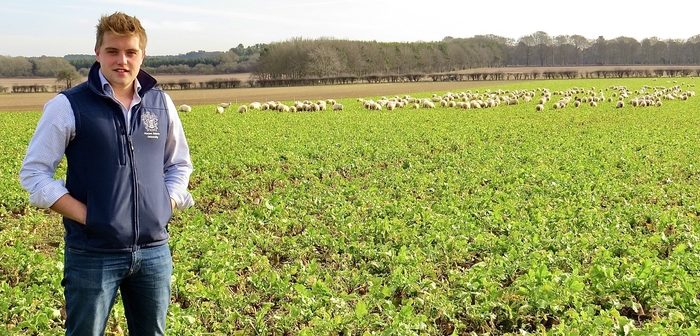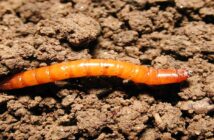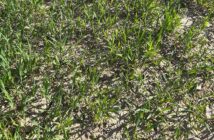How farmers clear their fields of cover crops – which are increasingly used to regenerate soil between productive crop rotations – is being investigated by a final year Harper Adams University student.
Farmers integrate cover crops to their cropping rotations between cash crops, otherwise soil would be left bare or fallow. Cover cropping is a form of sustainable/regenerative management used to protect and enhance soils,” explains BSc (Hons) Agriculturestudent James Burman.
“But the cover crops must be terminated effectively to reduce potential weed, pest and disease burden before the subsequent cash crop is established. My research aims to highlight the most common methods of termination/destruction and barriers around adopting alternative methods.
He added: “Regenerative or sustainable agriculture practices have always been of interest to me and I believe they are becoming ever-more important.
“The way farmers are receiving subsidy support from the government is changing post-Brexit with the likelihood of being replaced with ELMS (Environmental Land Management Schemes). Cover cropping is likely to become increasingly popular as it helps to achieve some of the aims set out by the proposed ELMS.
“My hypothesis is that most farmers will rely on using chemicals for terminating cover crops, particularly glyphosate, which through debate has a questionable future. Other methods for destruction include mechanical methods using implements such as roller crimpers, with some species of cover crop suitable for grazing in situ, providing extra sources of fodder for livestock.”
Mr Burman, 21, from Suffolk, is calling for farmers to assist with his final year project, “An Investigation into the Termination of Cover Crops in UK Agricultural Systems” by completing his survey:
https://harper-adams.onlinesurveys.ac.uk/an-investigation-into-the-termination-of-cover-crops-in-uk
“I have been sharing the survey through my own networks and social media, but would be grateful if it could be pushed out to members of relevant farming organisations or through other networks to get the broadest possible response. The survey should take no longer than 10 minutes to complete and is due to close on 28th February.”
Mr Burman has a long-standing interest in precision farming techniques and regenerative agriculture. “I chose the BSc (Hons) Agriculture route because the teaching is broad including crop production, livestock production and business, rather than specialising, keeping future career doors open. Harper Adams was the best match for me because it offered the largest range of agricultural studies.”




